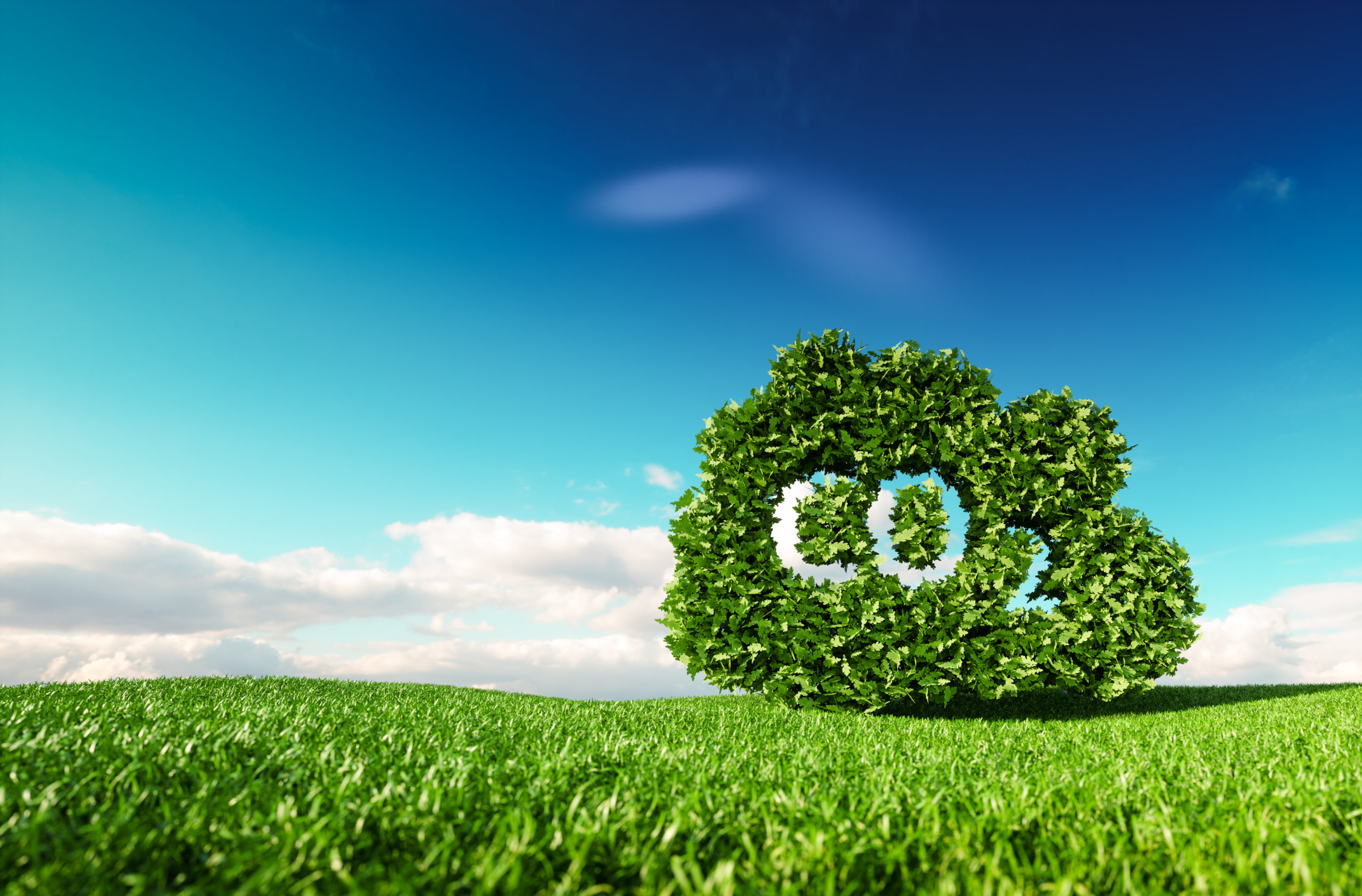I’ve been preaching for a while about the similarities between humans and plants as my research has lead me through study after study that supports sound comparisons.
In these Covid-19 times, our immune response is of utmost importance. And just like with our own bodies, if we can keep our plants healthy, they’ll thrive and be better able to ward off disease. Again, we’ve learned that having healthy soils leads to healthier crops and crops that don’t require the level of fungicides and insecticides that are far too entrenched in our agricultural practices today.
One of the experts in the agriculture industry is Graeme Sait. He’s far ahead of his time in the manner he addresses the connection between soil heath, plant health and human health.
Graeme recently put together a podcast that talked about immune enhancement, and I believe it’s very worthwhile to share. This newsletter is longer than any I’ve written but I hope you agree that it’s valuable information.
Our medical community isn’t typically good at looking at the root causes of health issues. The medical community prefers to address the immediate issue versus determine the root cause of the disease. It’s interesting to note that there has not been a degenerative disease that does not have some link to a deficiency.
The most susceptible group to disease, are people that are immune-compromised. The boosting of immunity is extremely important. Maybe never so important. However, it’s barely being mentioned by the medical professional community for the simple reason is that it’s not part of their educational process.
Diet and lifestyle account for 71% of all deaths. In these Covid-19 times, we want to maximize our metabolic health and there are four key minerals that can help us accomplish that goal.
The first is zinc. Consider that 79% of us are zinc deficient. What does zinc have to do with the immune system? It’s required by the thymus gland to produce killer T-cells – a major part of our fully functioning immune system. A 10% shortage of zinc has been shown to decrease immunity, and compromised immune systems are typically low in zinc. There are studies showing zinc reducing pneumonia. Zinc is also the most important single mineral to our prostrate. The largest killer of men in the Western world is prostrate cancer. A healthy prostrate contains seven times more zinc than an enlarged prostrate or cancerous gland. Unfortunately, our bodies have a very low storage capacity for zinc and we don’t have much zinc in our soils, so it’s not found in our food.
Zinc also directly affects how a virus works. Viruses attach to our cells and hijack our cellular apparatus to replicate themselves, stifling the normal replication of our own cells. There’s a key enzyme that’s involved in this process, and zinc inhibits the enzyme. Wow! Why isn’t that in the news?
The secret to zinc supplements is 30 milligrams just before bed. The reason for that is that zinc ties up the cereal grains that we consumed all day and forms an insoluble zinc phytate that you excrete in order to build up your zinc storage overnight.
The next key immune boosting mineral is magnesium, of which 70-80% of us are lacking the necessary level. Every system in your body is powered by enzymes, and 350 enzymes in your body are magnesium-dependent including many in our enzyme-driven immune system. Stress, sweat and poor absorption contribute to the problem. The ever-important calcium-to-magnesium ratio that we evaluate in agricultural soils is also very important in humans. Places with high-calcium diets, like New Zealand, have some of the highest rates of coronary heart disease, in part because of the calcium-magnesium ratio. Magnesium needs to be found at more than 10,000 times the level of calcium to be in alignment. When magnesium is deficient and calcium moves in and takes over, it’s called calcification or hardening of the arteries. The challenges of everyday life and the resulting stress and anxiety consume magnesium in our bodies. This can lead to a stroke or heart attack. In addition, magnesium deficiency increases the production of pro-inflammatory cytokines. And “cytokine storm” has entered our vocabulary as one of the seriously life-threatening effects of Covid-19 infection.
Finally, there is also something called the Thymus Involution. Magnesium deficiency seems to accelerate Thymus Involution. Thymic Involution is closely associated with immunosenescence or a degeneration of the immune system primarily due to alterations in T-cell composition. Low magnesium influences apoptosis, or the planned cell death. Think of leaves falling off a tree. Apoptosis is accelerated by low magnesium, which in turns accelerates aging and the more rapid degeneration of our immune systems.
If you’ve had long-term magnesium deficiency, then you have reduced ability to absorb magnesium through your gut lining. In this case, you can use transdermal uptake – applying magnesium oils rolled onto your feet or armpits. Also, epson salts are a great way to get magnesium into your system, and it’s likely consumption will produce beneficial results.
Selenium is the mineral for your most important organ, your liver. Selenium isn’t very abundant in our soils so, again, it’s not in our foods. A group of amino acids called glutathione partner with selenium to form glutathione peroxidase that’s probably our most protective enzyme system. It’s a very important antioxidant against our toxic environment with its 74,000 registered chemicals. In the modern world, we’re overworking our two-stage detoxification system that’s driven by the liver and, in turn, needs significant amounts of selenium to perform well. It’s an unnatural scenario that we’ve created. If we look at the liver in terms of our immune system, it’s a key frontline immune tissue that’s ideally positioned to address and counter pathogens as they enter our body, especially in the gut. There’s a very powerful gut connection. Studies show that those with good levels of selenium in their body have a high immune response. High viral protection has been found to have a direct connection to selenium in the body and associated resiliency. There also are studies linking selenium to lung function suggesting that there’s a benefit for shortness of breath, and it’s been found to protect against lymphatic cancers.
The best forms of selenium are in yeast or in amino acid chelate form, or a combination of both at 200 micrograms. There is also a very high selenium level in brazil nuts.
Finally, last in the lineup, is iodine, part of a group of elements called halogens that also consists of chlorine, fluorine and bromine. Iodine Deficiency Disorders (IDD) are one of the biggest worldwide public health problem of today. Iodine deficiency occurs when the soil is poor in iodine, causing a low concentration in food products and insufficient iodine intake in the population. When iodine requirements are not met, the thyroid may no longer be able to synthesize sufficient amounts of key hormones. The resulting low level of thyroid hormones in the blood is the principal factor responsible for the series of functional and developmental abnormalities, collectively referred to as IDD. Kelp is a great source of iodine. Lugol’s iodine solution is also a very good source.
Andaman Ag hopes this information helps all of you elevate your immunity systems and stay healthy!




